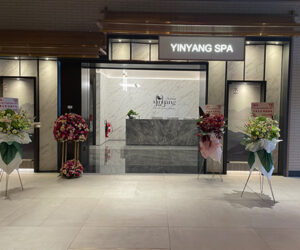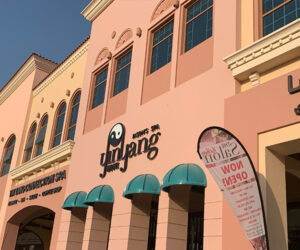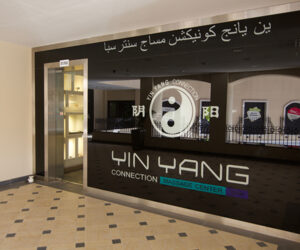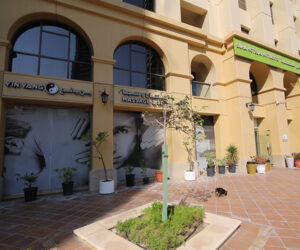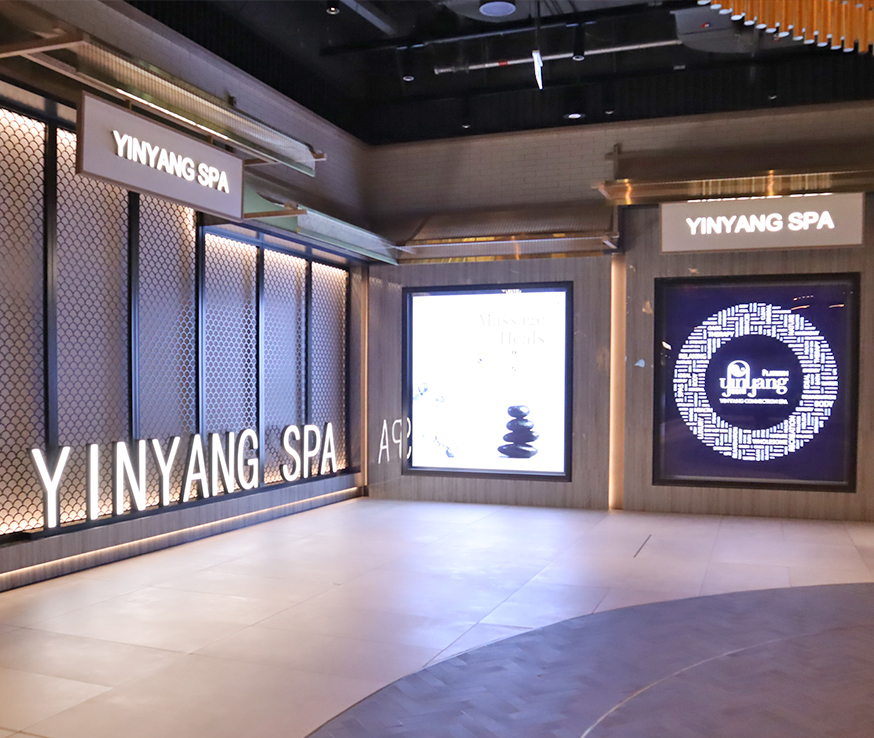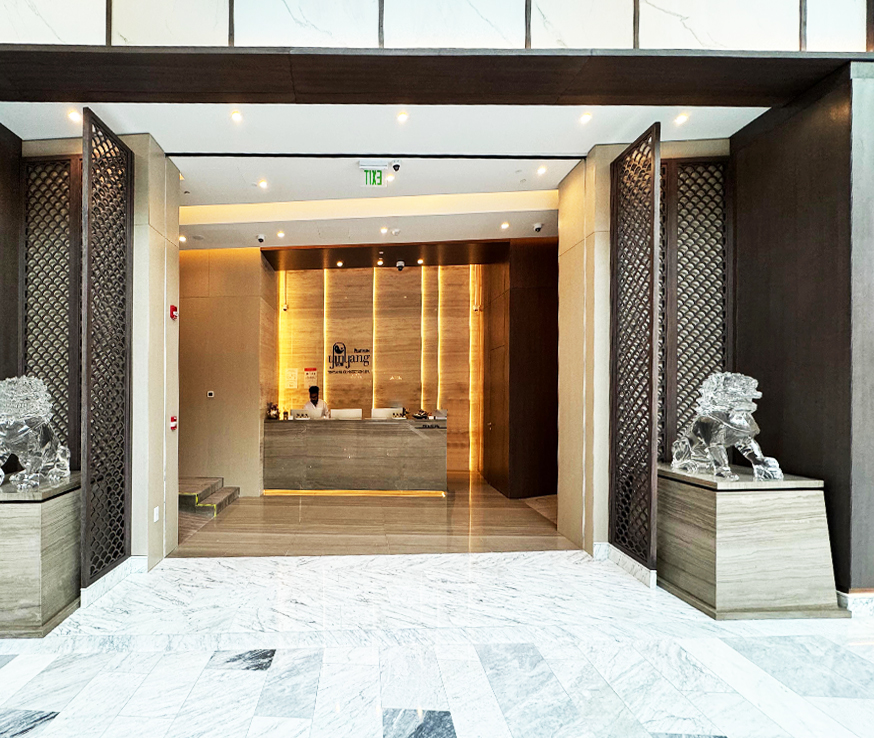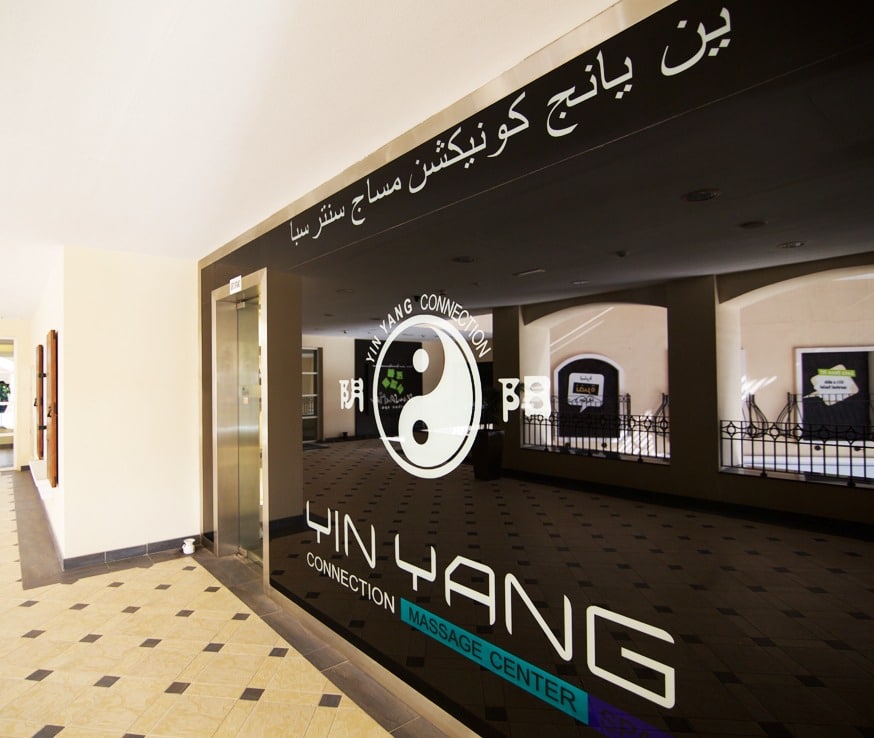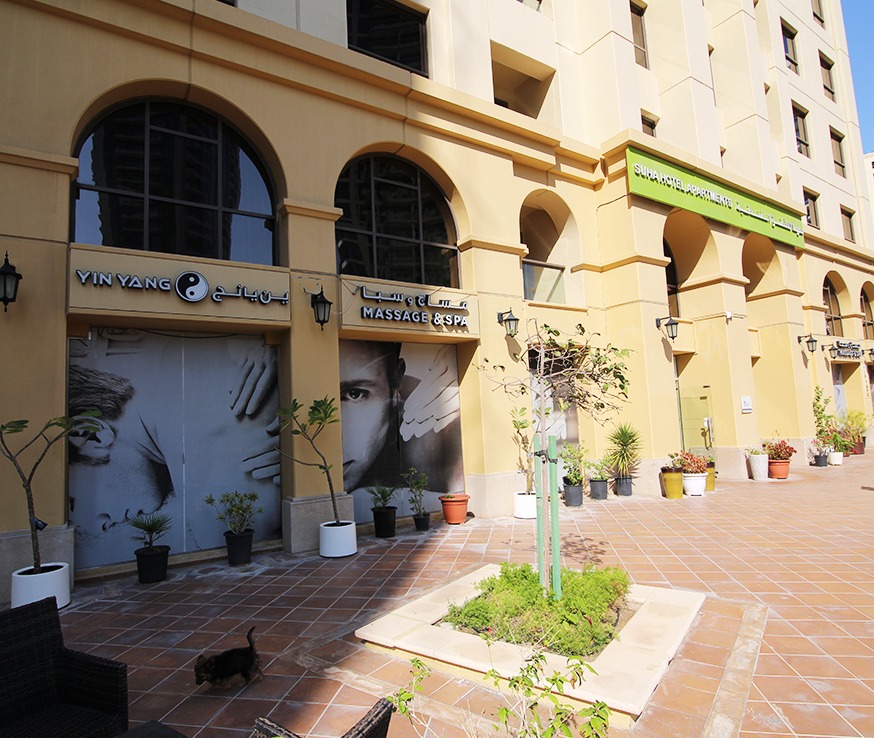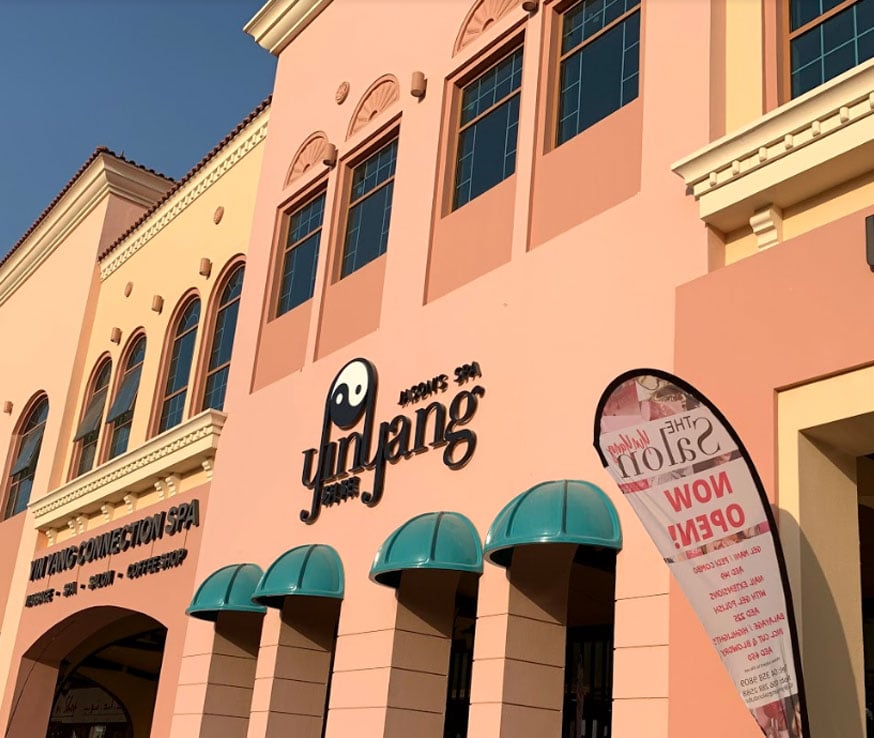Shiatsu is a traditional wellness therapy of Japanese origin in which pressure is applied to certain points of the body to activate the body’s energies and healing capacities. In Japanese, the term Shiatsu means ‘finger pressure’.
People and practitioners often confuse shiatsu with acupressure, as these two techniques seem similar. However, generally, shiatsu is often considered to be a part of the acupressure ‘tree’.
Similarities between Shiatsu and Acupressure
There are undoubtedly some similarities between shiatsu and acupressure. Both disciplines seek to address energy imbalances in the body and use pressure to restore balance and health. A few shiatsu styles, but not all, are based on principles of Traditional Chinese Medicine meridian systems that coincide with acupressure.
Both styles do not usually use oil or cream when applying pressure, and some of the points pressed are the same.
Differences between Shiatsu and Acupressure
Despite many similarities, there is a fundamental difference between the two styles regarding their philosophy and technique.
- Shiatsu is a holistic wellness therapy that approaches treatment by considering the whole body, whereas acupressure is generally chosen to treat a few points.
- The pressure used in shiatsu is always stationary and sustained. In acupressure, the pressure applied is usually circular or may resemble a pumping action. This action consists of pressing and releasing thumb pressure quickly and repeatedly.
- In a shiatsu massage, the thumb is always in an extended position, whereas in acupressure, the thumb is flexed.
- Shiatsu therapy uses the whole weight of the therapist’s body to apply pressure, whereas, in acupressure, the therapist uses the strength of the arms or hands.
How to Choose between Shiatsu and Acupressure
Shiatsu and Acupressure are complementary therapies with many similarities and some fundamental differences. What is best for your body can be best decided by our trained massage therapists at Yinyang. In addition, different styles of pressure application, including frequency, intensity, and positioning, stimulate different mechanoreceptors. Thus, the two therapies have different effects on the body, though they are always positive. Watch the Yinyang videos to discover more.

















